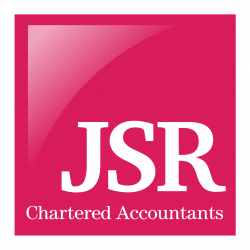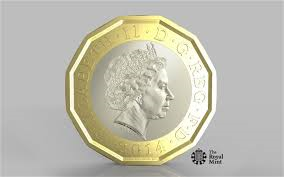Sugar levy on soft drinks
This aims to raise £520m in a two-part levy on companies – one for total sugar content above 5g per 100ml and one for drinks with more than 8g per 100ml – to be introduced in two years’ time. Pure fruit juice and milk are excluded. It will be used to fund sport and longer school days.
Tax allowance
- An increase to £11,500 by next April.
- A reiterated target to reach £12,500 by 2020. (It will be £11,000 from this April.)
- An increase in the 40p tax threshold to £45,000 from next April. (£43,000 from this April.)
Savings
- Tax relief on financial advice.
- “Help to save” for lower income savers.
- From April an increase in the Isa limit to £20,000.
- A new lifetime Isa for £4,000 of savings.
Fuel duty
Frozen for the sixth consecutive year, saving £75 for the average driver.
Oil and gas
The industry gets £1bn of tax cuts as the supplementary charge on oil and gas is cut from 20% to 10%.
Climate change
- An increase in the climate change levy from 2019.
- An end to the carbon reduction commitment energy efficiency scheme.
- £730m to back renewables.
Growth
Revised down for 2016 to 2% compared with 2.4% at the time of the autumn statement for 2015 and 2016, and revised down to 2.2% in 2017 (2.5%) and 2.1% in each year after that (previous forecasts for 2.4% in 2018 and 2.3% in each of 2019 and 2020).
Inflation target
The remit remains at 2% for the monetary policy committee and the Bank of England is asked to be particularly vigilant in the face of market turbulence.
Cuts
The chancellor is aiming for a further £3.5bn of savings in 2019-20.
Deficit
A surplus of £10.4bn is predicted in 2019-20 and then £11bn the year after.
Tax avoidance
- £12bn to be raised over this parliament, including by cracking down on the royalty payments that firms use to shift money to tax havens.
- This also includes efforts to stop individuals disguising their income as loans and imposing national insurance on termination payments over £30,000 from 2018.
Corporation tax
Cut to 17% by April 2020.
But banks are to be hit by restrictions on the amount of profit that they can offset against losses.
Northern Ireland is set to introduce a Corporation tax rate of 12.5% in 2018.
Business rates (England and Wales)
- The threshold for small business rate relief is to increase from £6,000 to £15,000.
- From April next year 600,000 small businesses will pay no business rates.
- London gets full retention of its business rates next April, three years earlier than planned.
Stamp duty
To raise £500m a year, from Thursday, commercial stamp duty will be zero on properties up to £150,000 and 2% on the next £200,000, but a top rate of 5% on £250,000.
Homelessness
£115m to reduce rough sleeping.
Flood defences and insurance
A £700m increase for flood defences and a 0.5% increase in the insurance premium tax to 10%.
Culture
- Cathedral repairs fund gets an extra £20m.
- Tax breaks for galleries that go on tour.
Education (England and Wales)
- Schools to become academies.
- Focus on northern schools.
- Teaching maths to 18 for all pupils.
- £500m for national funding formula.
Tobacco
Tobacco Duty will rise by 2% and hand rolling tobacco will rise by an additional 3% from 6pm on 16 March 2016
Alcohol
Duty on beer, cider and whisky is frozen.
Capital gains tax
For commercial properties the higher rate of Capital Gains Tax will be cut from 28% to 20% and the basic rate from 18% to 10%. This will take effect from April 2016., but no change for properties.
Overseas aid budget
Budget will be “readjusted”, saving £650m in 2019-20.
Pensions
Increase in contributions from public sector employers.
Self Employed National Insurance
Class 2 National Insurance contributions to be scrapped for self-employed workers from April 2018. Currently, self-employed people have to pay Class 2 NICs at £2.80 per week if they make a profit of £5,965 or over per year. They also pay Class 4 NICs if their profits are over £8,060 per year. From April 2018, they will only need to pay one type of National Insurance on their profits, Class 4 NICs


